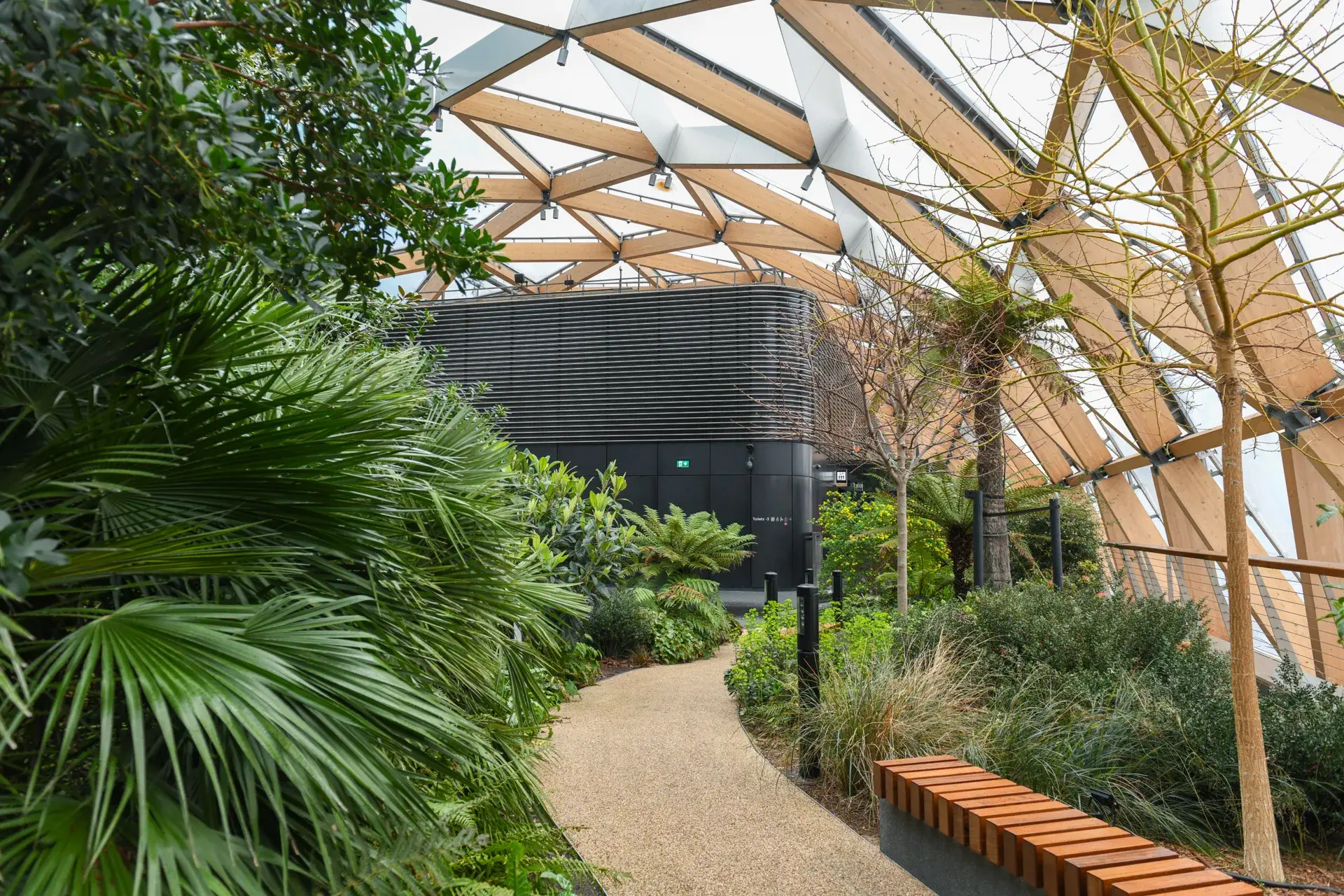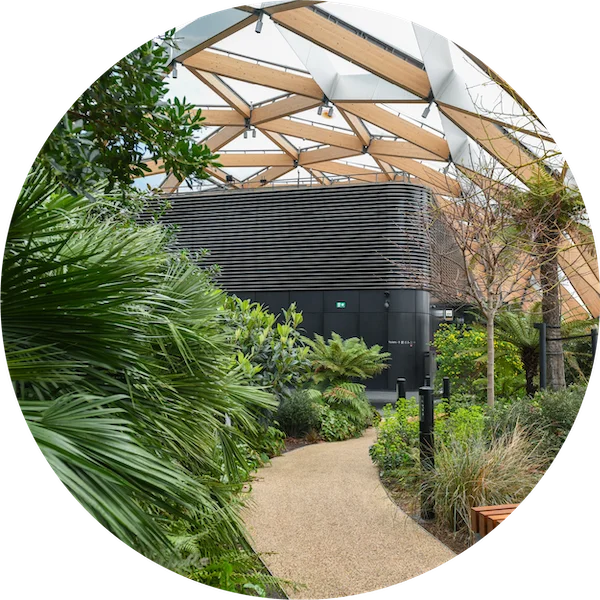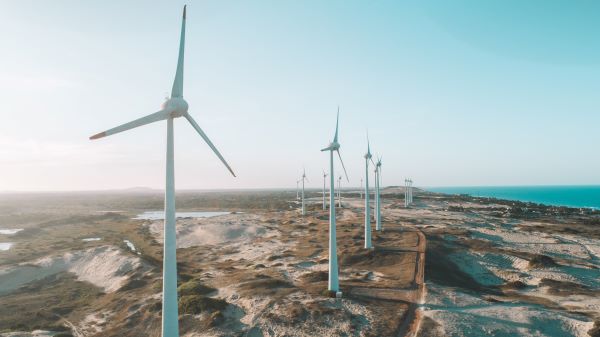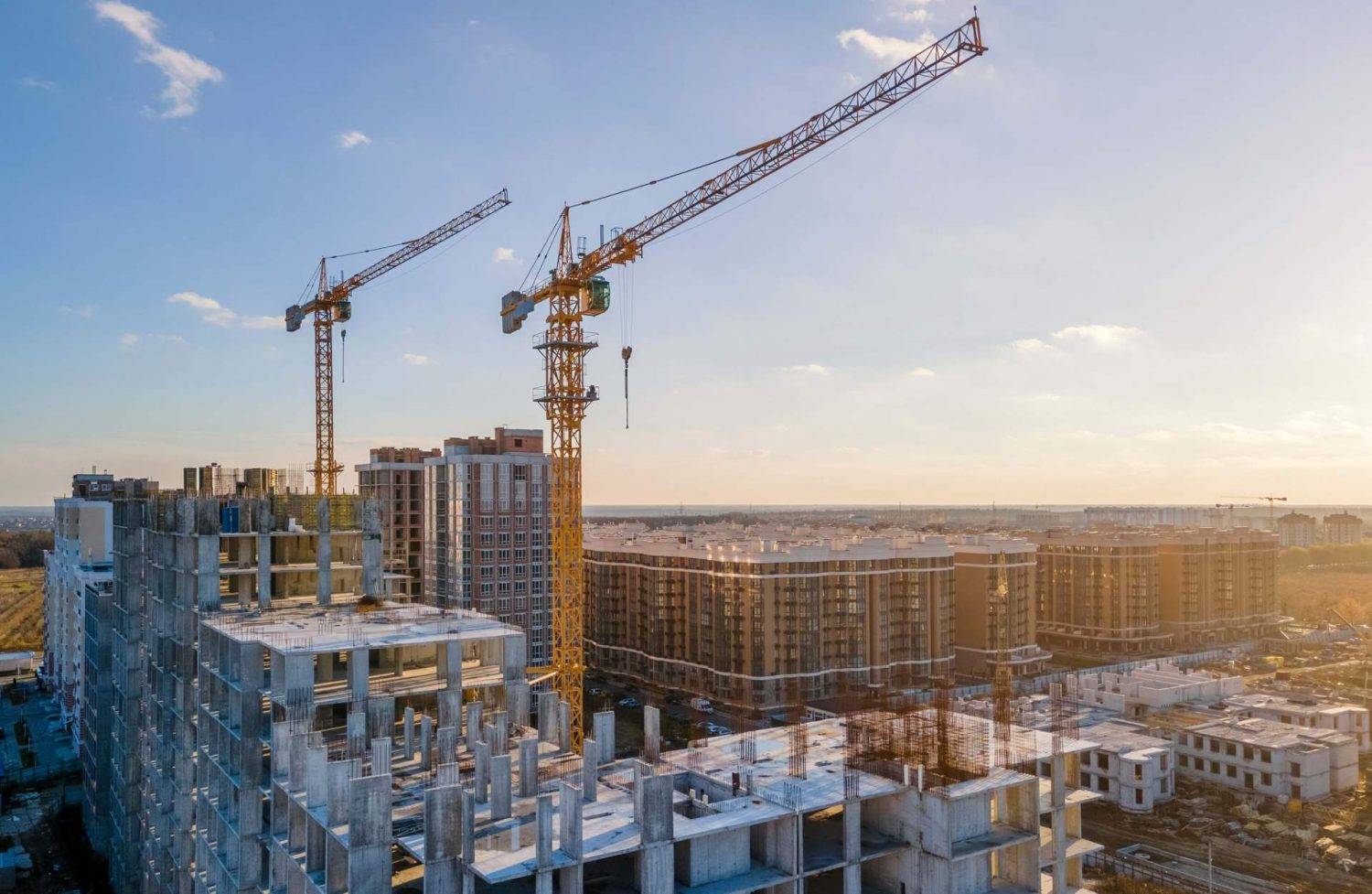Globe
Our sustainability strategy
The University’s sustainability strategy sets out our aspirations for a more sustainable built environment and how we perceive our role to provide some solutions to our sector’s challenges. Framed as Globe, it demonstrates our institution-wide wholistic approach, and focuses on five key dimensions as illustrated by our interactive wheel.
Sustainability is central to everything we do – from our leadership and governance, to what and how we teach, as well as who we influence and the way we operate.
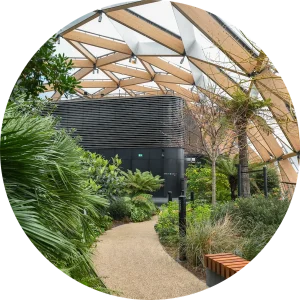
Sustainability in the built environment
Sustainability in the built environment sector requires technical knowledge, innovation and strong leadership. It also requires a diverse and inclusive workforce that reflects the population, brings in new talent and can influence change.
The process involves design, construction, operation, and maintenance of buildings and infrastructure in a way that minimises their environmental impact while maximising their economic and social benefits for long-term viability.
Sustainability is defined by the UN as “development that meets the needs of the present without compromising the ability of future generations to meet their own needs.” Sustainability is a wholistic approach which takes into consideration the environment, society and the economy for future prosperity.
To achieve environmental sustainability, the earth’s natural resources must be consumed at a rate where they can replenish themselves.
Economic sustainability means that everyone has access to economic systems and the resources they need to meet their needs and have secure sources of livelihood.
Social sustainability means that universal human rights and necessities are attainable by all and that everyone has access to the resources they need to keep themselves healthy and secure and protected from discrimination.
The UN Sustainable Development Goals
Embedding them in everything we do
The University has signed up to the Sustainability Development Goals Accord, which is a commitment to advancing sustainability as a higher education institution. We use the UN Sustainable Development Goals (SDGs) as a framework for understanding and addressing the many dimensions of sustainability. We recognise that sustainability is more than just the environment – it encompasses social and economic elements as well.
We strive to equip our students with the knowledge and skills they need to make a meaningful impact on the world by incorporating SDGs in most things we provide – including courses, modules, events, and webinars.
We also aim to have a broader impact, through activities such as our student well-being provision, equality and diversity initiatives and financial support schemes.
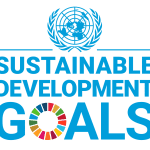
Useful contacts
Aled Williams
Pro Vice Chancellor, Innovation and Partnerships and Executive Director Built Environment Futures Assembly

